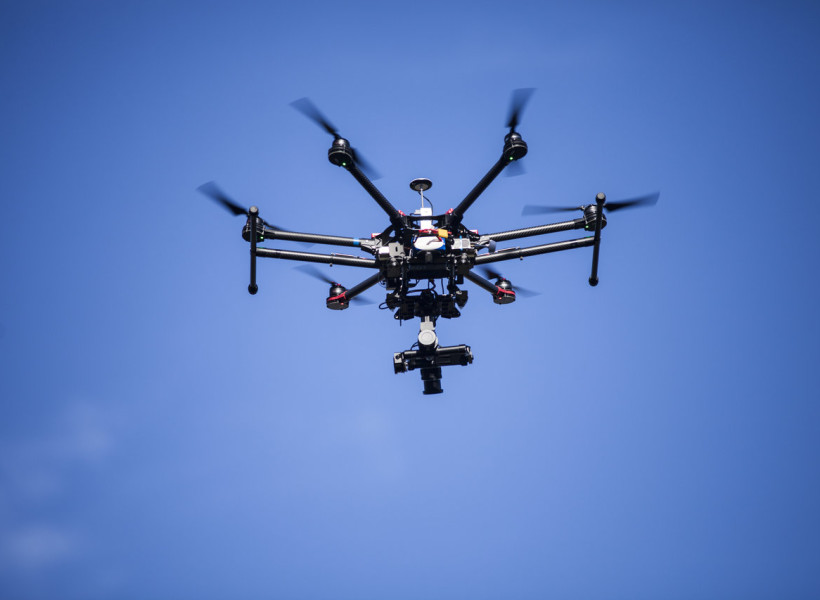There is no doubt the robots are coming. In many cases, the robots are already here. Will Robots Replace Your Workers?
Hidden between the headlines of a new Liberal government and the start of another season of NHL, has been the news that driverless cars are no longer a feat seen in movies, but a reality. Advocates say driverless cars could be ready to take over Canadian roads within four years! A leader in the tech world, Google Inc. has a fleet of a dozen computer-controlled vehicles, mostly Toyota Priuses, equipped with self-driving technology that have logged almost 483,000 kilometres without an accident.
This is only the most recent in a flurry of everyday activities that can be easily taken over by artificial intelligence and robotics. The growth of the technology industry and the innovation that continues to make what we saw on the Jetsons, a reality, has a definite effect on the employment market. In the last several decades we have seen manufacturing jobs disappear and be replaced by automation. ATMs and self-serve check outs have reduced the need for bank associates and store clerks and virtual assistants are available to answer phones 24 hours a day, seven days a week. Experts predict robots will take over 30% of our jobs by 2025 — and white-collar jobs aren’t immune.
The influence of artificial intelligence and robotics has seeped into other areas of the workforce including legal, financial, medical, marketing and other business services. Software applications can take big data in the legal, medical, and financial industries and using algorithms provide tools for analyzing and predicting behavior and even making a medical diagnosis. Certain news outlets are now automatically generating news reports; anesthesiologists can now be replaced by Doctor supervised machines; and innovative new start-ups have created software that will predict which email subject lines will get the best response.
Although experts agree that robots will play a significant role in our economy, some argue that they will create more jobs and others worry that they could lead to income inequality and societal breakdown.
Some industry experts, who believe that robotics and artificial intelligence will help us, predict that an economic boom could result from the large reduction in business labour costs. This in turn would lead to the creation of new jobs in large numbers; with a premium being placed on the value of work that requires “uniquely human capabilities”.
On the other end of the spectrum there are those who believe the increase in robotic technology will negatively influence the workforce. They argue that the benefits would only be felt by the wealthy, those who are already in an influential position in society. Unemployment would increase exponentially; as people are laid off and replaced by cheaper labour provided by a robot.
We can expect that most jobs that are dirty, dangerous, and repetitive will eventually disappear. Now that technology has become more sophisticated and computers can perform higher levels of cognitive tasks we can also expect many more careers to change or be replaced in the near future.
There is no doubt that robots are coming. In many cases, the robots are already here. The question now is what does this mean for the Canadian workforce? What are your thoughts – how has technology changed or replaced jobs in your organization?
Read more in a recent article in Business Insider.
